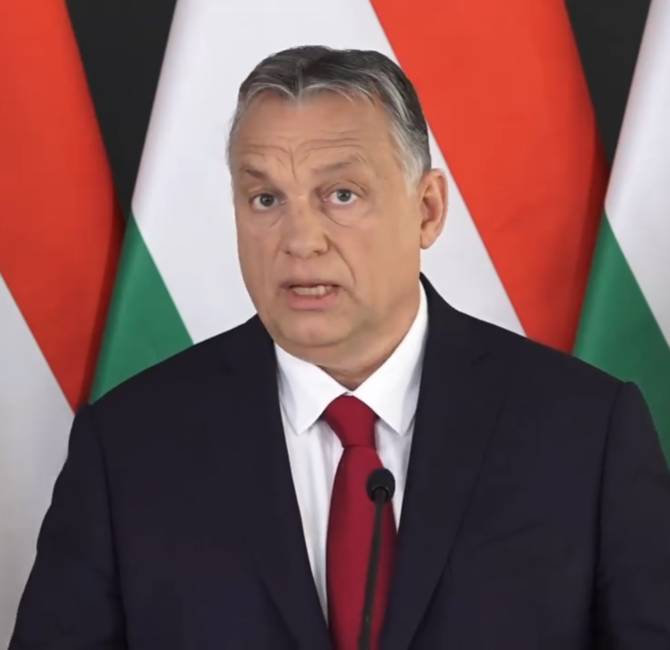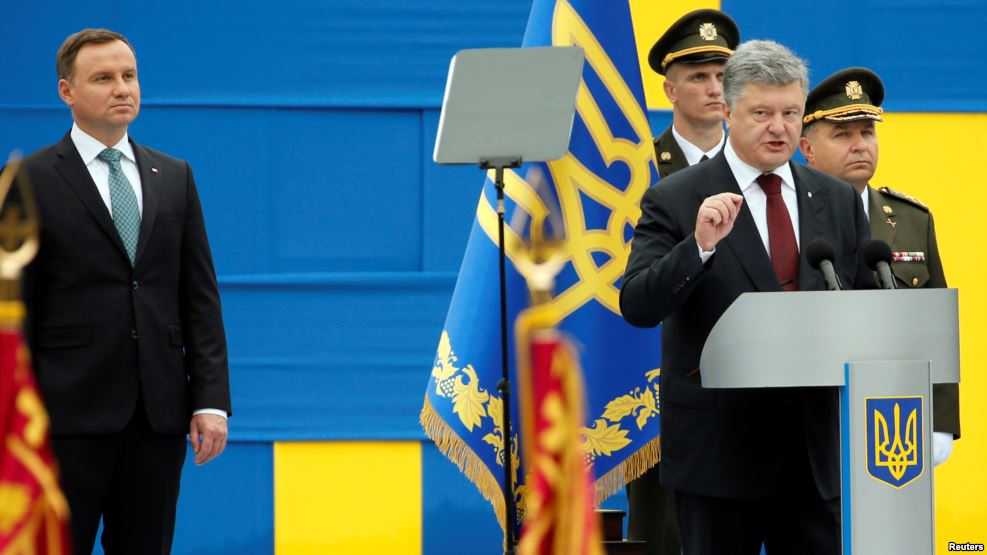By Olivier Bault.
Poland, Krynica – The 26th Krynica Economic Forum became quite famous last year when Viktor Orbán and Jarosław Kaczyński called out for a cultural counter-revolution in Europe. At this forum often referred to as the “Davos forum of Central and Eastern Europe”, there was a great deal of interest in the question of economic patriotism and reindustrialization, which have been brought back in favor by Poland and Hungary. A policy that seems to be paying off, since just before the 27th Krynica Forum, which took place from September 5 to 7, Moody’s announced that it would increase its forecast of economic growth in Poland in 2017 from 3,2% to 4,3%, while Hungary reached annual growth of 3.6% at the end of the first half of this year.
But the central theme of this year’s Krynica Economic Forum was neither Poland nor Hungary, but the future of the European Union, as seen on this side of Europe. With 4,000 visitors from different countries and 650 accredited journalists, the presence of the Presidents of Poland, Georgia and Macedonia plus several ministers and secretaries from Central and Eastern Europe, besides the presence of the heads of major companies in the region, the Krynica Forum has once again not been a disappointing event.
Regional co-operation, including the Three Seas Initiative, which sparked a discussion involving Hungarian Deputy Speaker János Latorcai, was discussed as well as how to remedy the current crisis of the EU. If there is to be a two-speed Europe, it should be solely a matter of belonging or not to the euro area. Polish Deputy Prime Minister Jarosław Gowin pointed out in Krynica that being member of the eurozone is not in Poland’s interest today, due to the fact that in the countries that have adopted the single currency there is a structural slowdown in the economic growth. That is why the second speed regarding the EU could well prove to be the first speed in terms of economics. Two-speed Europe also exists, not regarding prices, but wages, which has been debated as a source of structural imbalance in the EU. There was also talks on social policies that are necessarily less generous in the former less wealthy Eastern countries, and economic protectionism — or at least perceived as such in these countries — wanted by French President Emmanuel Macron with the renegotiation of the posted workers directive.
Central theme of the discussions on the future of the EU, the intolerable interferences of Brussels and Western capitals in the internal affairs of Poland and Hungary and the reasons why the Brussels elites seem completely cut off from reality. In Krynica, Czech Secretary of State for European Affairs Alesz Chmelarz said his country would oppose, like Hungary, sanctions against Poland under Article 7 of the Treaty on European Union (for failure to respect the rule of law). If a Polexit is totally excluded and is for the Polish government only a subject invented by the opposition, the attachment of the Poles, Hungarians and other peoples of Central and Eastern Europe to the European Union might well weaken if these countries are still treated as second-country Member States. This was pointed out by Daniel Kawczynski, British Conservative MP of Polish origin, referring to the Brexit. “The Brexit was a process of exit from the EU that was played out in several acts, not an irrational impulse. Today, such a scenario is distant for Poland. But who knows what can happen in a few decades? Perhaps the Poles will decide that the priority for them is NATO and an economic but not an ideological union,” said Kawczynski.
In the meantime, what most of the countries of Central and Eastern Europe want, and this is what emerged from the 27th Economic Forum in Krynica, is a return to the fundamentals of the European Union.
Translated from French by the Visegrád Post.




